Publications
Articles, publications, books, tools and multimedia features from the U.S. Institute of Peace provide the latest news, analysis, research findings, practitioner guides and reports, all related to the conflict zones and issues that are at the center of the Institute’s work to prevent and reduce violent conflict.
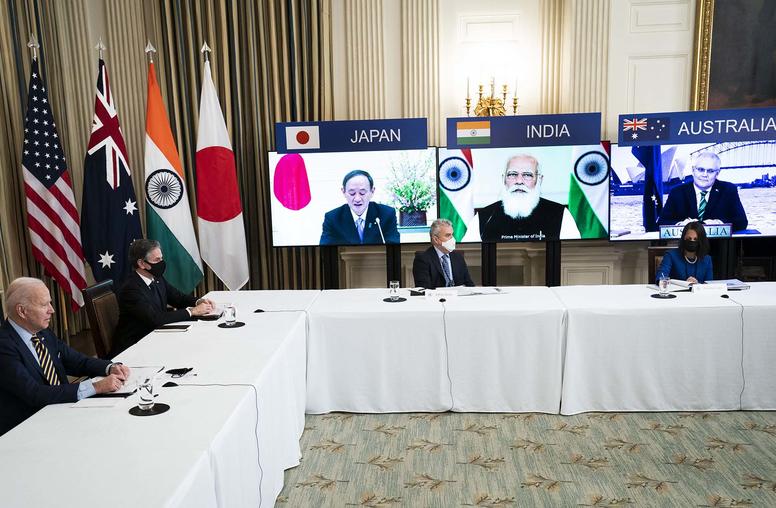
Austin, Blinken Affirm U.S. Commitment to Asian Allies
U.S. Secretary of State Antony J. Blinken and U.S. Defense Secretary Lloyd Austin are in Asia this week for their first official foreign trip. They held meetings in Japan and South Korea. Blinken returned to the United States via Alaska where he and U.S. National Security Advisor Jake Sullivan meet with their Chinese counterparts today, while Austin is in India. On March 12, President Joe Biden and the leaders of Australia, India and Japan participated in a virtual summit of the “Quad,” a strategic dialogue between the four countries aimed at ensuring an open, free and prosperous Indo-Pacific region.
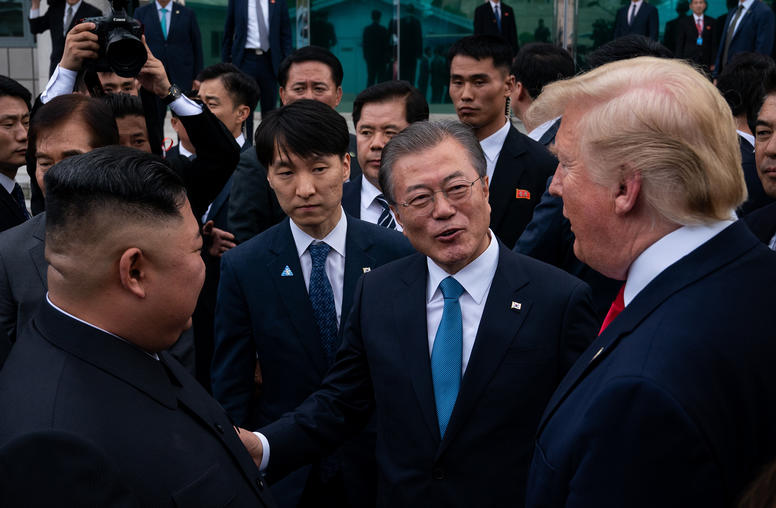
North Korea Blew Up Its Liaison Office with the South. What Now?
North Korea’s demolition this week of an inter-Korean liaison office that symbolized North-South cooperation marks a new spike in tensions between the countries, and in North Korean frustration with the United States. It was the latest in a string of inflammatory rhetoric and actions directed at Seoul and Washington since the failure of the February 2019 summit in Hanoi between President Trump and North Korean leader Kim Jong-un. The building’s demolition renews strains over North Korea’s ongoing development of a nuclear weapons arsenal, the corresponding global sanctions against Pyongyang’s illicit behavior and the 67-year failure to formalize a peace treaty following the Korean War. USIP analysts Patricia Kim and Frank Aum discuss the latest downturn.
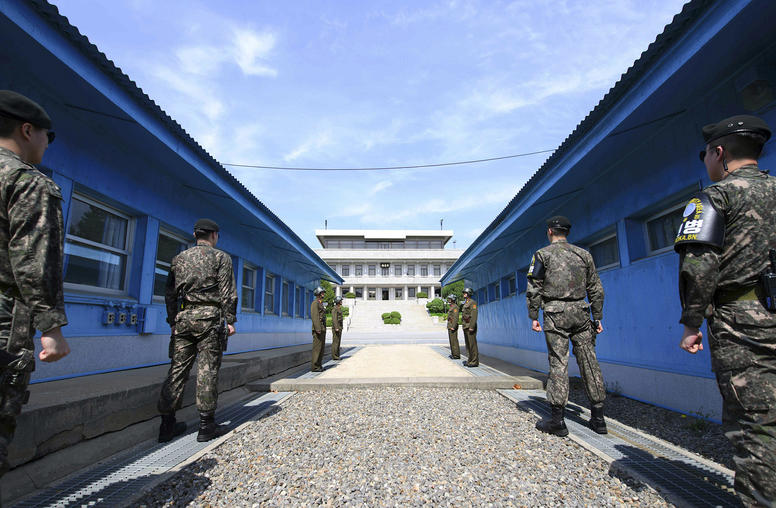
A Peace Regime for the Korean Peninsula
A joint statement by the United States and North Korea in June 2018 declared that the two countries were committed to building “a lasting and stable peace regime on the Korean Peninsula.” Such a peace regime will ultimately require the engagement and cooperation of not just North Korea and the United States, but also South Korea, China, Russia, and Japan. This report outlines the perspectives and interests of each of these countries as well as the diplomatic, security, and economic components necessary for a comprehensive peace.
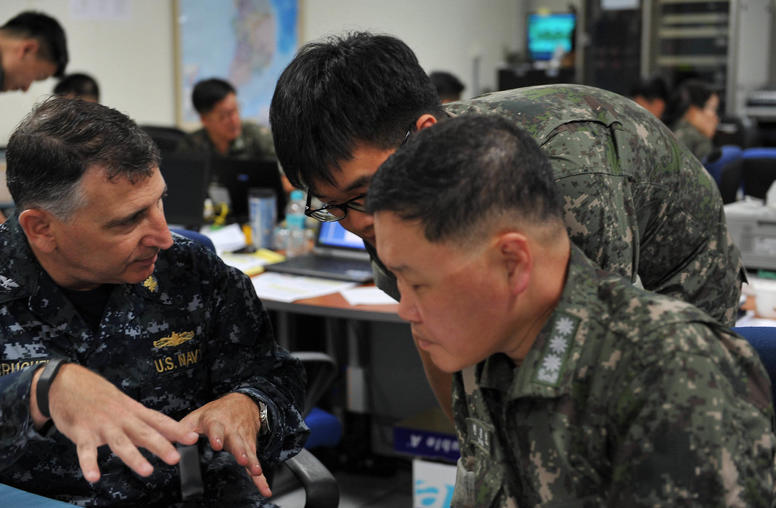
After North Korea Summit, Military Cooperation Can Reduce Tensions
As U.S. officials build on last week’s summit conference with North Korea, two notable military-related outcomes could facilitate future diplomatic negotiations and help reduce tensions on the Korean Peninsula. They are (1) the cancellation of U.S.-South Korea joint military exercises and (2) the commitment to resume the recovery of remains of U.S. service personnel from the Korean War.
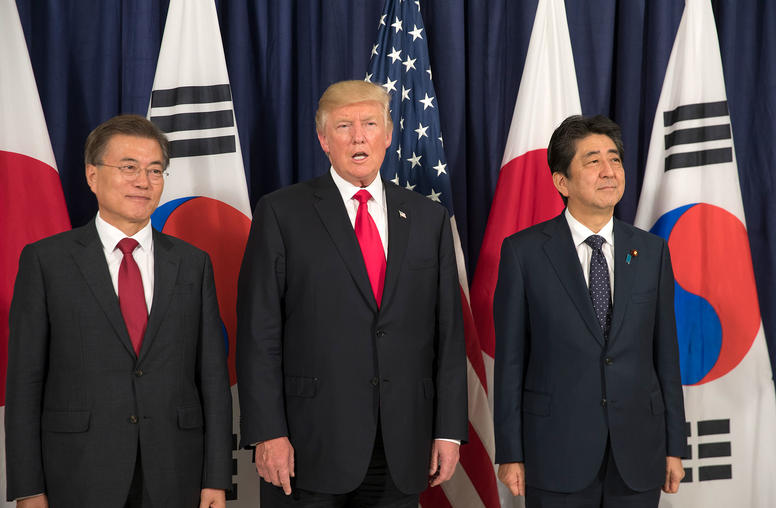
What Does the Singapore Summit Mean for South Korea, China and Japan?
The June 12 summit in Singapore between President Donald Trump and North Korean leader Kim Jong Un was a watershed moment in relations between Washington and Pyongyang. But, the more immediate and profound impact will be felt in East Asia, where North Korea’s nuclear program has threatened regional stability and security. While South Korea, China and Japan have different—sometimes starkly so—interests and positions vis-à-vis North Korea, all three of the Asian powers will be important players in efforts to implement the pledges made in Singapore. USIP’s Ambassador Joseph Yun, Jennifer Staats and Frank Aum discuss the implications for Seoul, Beijing and Tokyo.
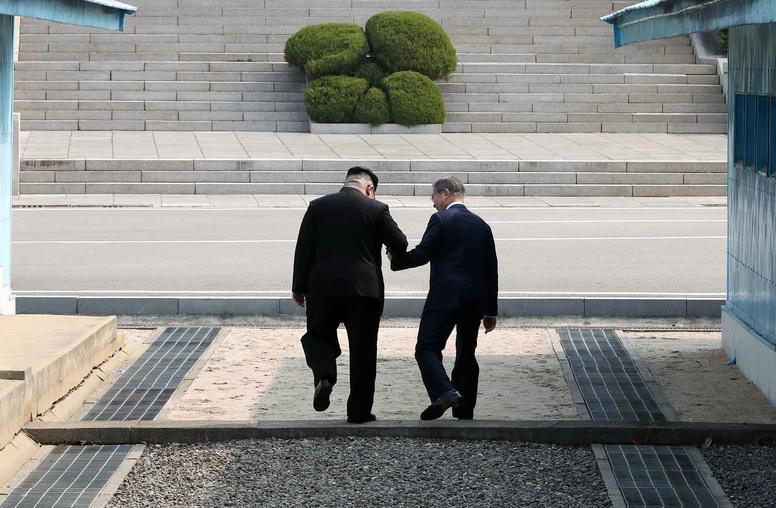
Panmunjom: Will the Pageantry Lead to Peace with Pyongyang?
At a historic inter-Korean summit Friday, North and South Korean leaders pledged to work to remove all nuclear weapons from the Korean Peninsula and declare an end to the Korean War within a year. Whi
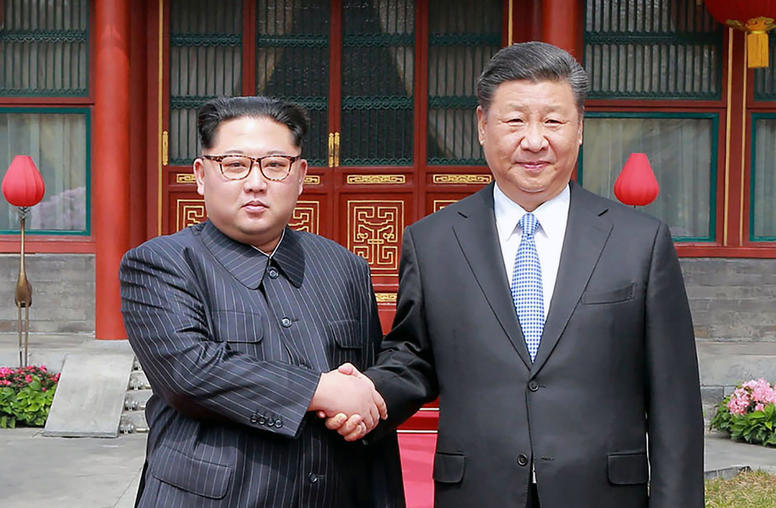
North Korea-China Summit: The ‘Strategic Choice’ by Both Sides
The surprise visit to Beijing by North Korea’s Kim Jong Un could offer both Kim and Chinese President Xi Jinping stronger hands for upcoming discussions with the United States, says USIP analyst Frank Aum. As news of the meeting broke, Aum, who previously advised the U.S. Defense Department on Korea issues, discussed its implications.

Frank Aum on the Korean Peninsula After the Olympic Games
Frank Aum discusses the Korean Peninsula, and whether there is a pathway to keep the peaceful momentum going after the Olympic Games. Aum also tells us about the effect of international sanctions on North Korea and China’s interests.
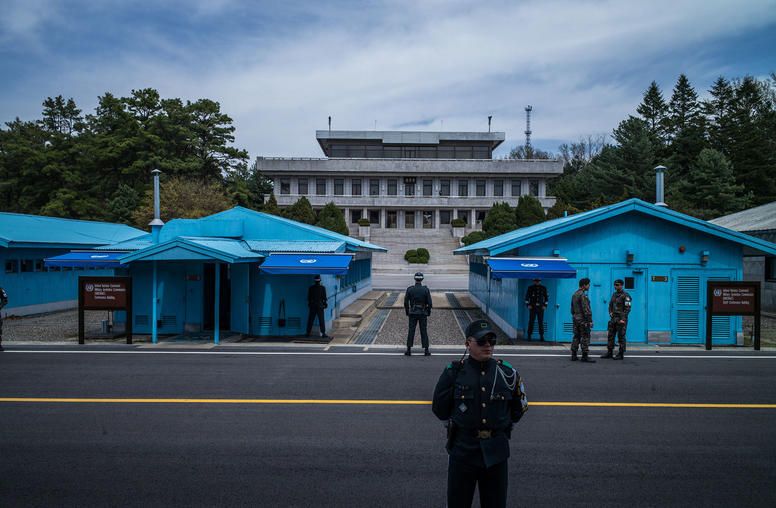
A Diplomatic Window Opens, Briefly, on the Korean Peninsula
Last week’s “sports diplomacy” between South and North Korean negotiators—the first direct dialogue in more than two years—was a good first step in reducing tensions on the Korean Peninsula. North Korea’s participation in next month’s Winter Olympics in Pyeongchang, South Korea, along with news that the joint U.S.-South Korean military exercises will be delayed until late April, has produced a rare window of opportunity for diplomatic progress.
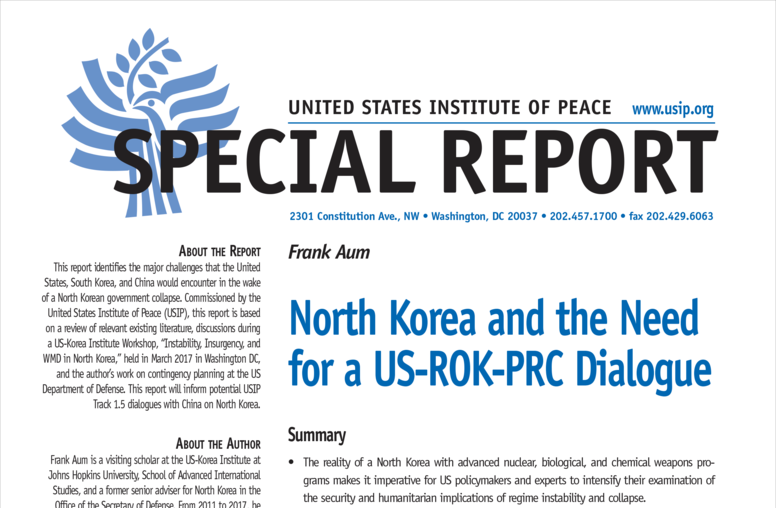
North Korea and the Need for a US-ROK-PRC Dialogue
North Korea has advanced weapons of mass destruction programs but poor WMD security, and tensions in the region are growing in response to increasing brinkmanship between Pyongyang and Washington. This report identifies the major challenges...